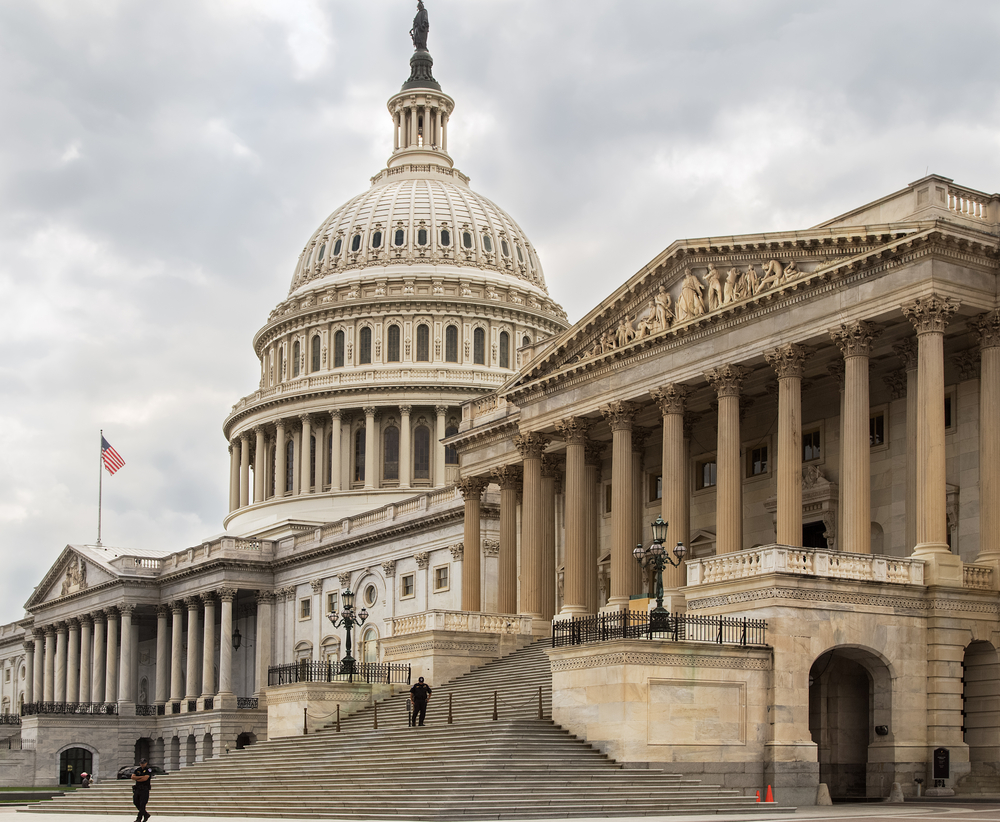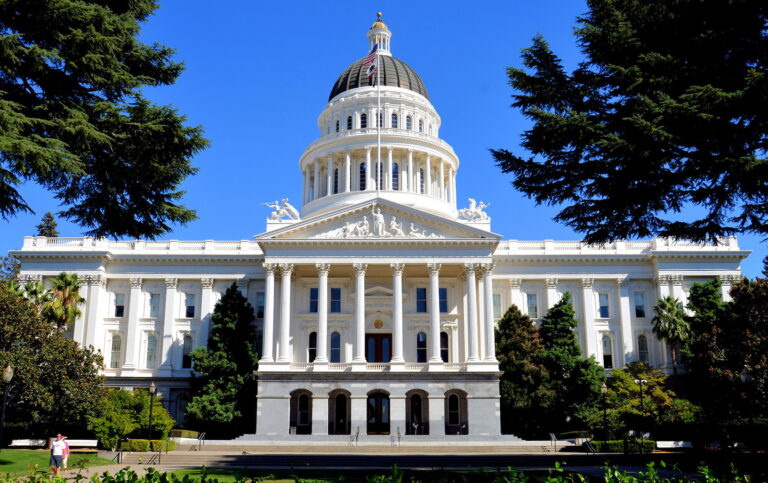June 29, 2020 – After being scrutinized for years regarding drug pricing issues, the biopharma industry is enjoying a boost in public opinion during the COVID-19 crisis. However, that boost may slowly be fading as lawmakers and the public continue to be skeptical of the industry, as evidenced by two bills introduced in the House last week and recent polling.
The Make Medications Affordable by Preventing Pandemic Price-gouging Act (MMAPPP) Act of 2020 would prohibit manufacturers from gaining monopolies on new, taxpayer-funded COVID-19 drugs and vaccines, require the federal government to mandate affordable pricing, require manufacturers to publicly report the costs of developing COVID-19 products, and waive licenses on any drug for treating a public health emergency.
The Taxpayer Research and Coronavirus Knowledge (TRACK) Act would create a database for monitoring all federal financial support used to research COVID-19 products. Both bills are co-sponsored by Reps. Jan Schakowsky (D-Ill.), Lloyd Doggett (D-Tex.), Francis Rooney (R-Fla.), Peter DeFazio (D-Ore.), and Rosa DeLauro (D-Conn.).
Coalition for Healthcare Communication Executive Director Jon Bigelow explained that despite recent gains in public opinion — a Harris poll in mid-May found that 40 percent of Americans now have a more positive view of pharma than they had before the pandemic began – intense political pressure has been building to enact new laws or regulations intended to decrease the cost of prescription drugs. These efforts stem partly from the financial impact of spending on Medicare, Medicaid and other programs, “and the fact that drug prices are more immediately visible to consumers than some other, higher-ticket costs in the healthcare system,” he said.
He added that “the political pressure also is fed by the perception of the public – and of politicians in both parties – that the industry has set prices too high for new drugs, raised them too aggressively for existing products, and been too eager to find ways to delay generics or otherwise foil strategies to lower costs. Even in the current more environment with a more positive overall view of pharma, a poll conducted in May by Gallup and West Health found that among 1,016 adults, nine in 10 Americans are either very concerned (55 percent) or somewhat concerned (33 percent) that pharma will price-gouge on COVID-19 therapies and vaccines, taking advantage of the public health crisis.
Many pharma leaders are aware of this and are trying to dispel concerns. Pfizer CEO Albert Bourla said that any vaccine his company develops for COVID-19 will be affordable. Daniel O’Day, CEO of Gilead, just announced that if approved, remdesivir will be priced at $2,340 per five-day course of therapy for government payers, and $3,120 for insurers, prices that generally are in the range the Institute for Clinical and Economic Review (ICER) said would be fair and below what some investment analysts were calling for. It seems how the industry proceeds from here will determine its trajectory, Bigelow indicated.
Bigelow noted that broader packages of legislation to cut drug prices also await action in Congress: HR 3, passed by the House in December, and a bill by Sens. Chuck Grassley (R-Iowa) and Ron Wyden (D-Ore.) that has cleared the Senate Finance Committee. Although Grassley is still trying to get support from Senate Majority Leader Mitch McConnell (R-Ky.) to bring his bipartisan bill to the floor for a vote, in reality the window of opportunity for most major legislation to pass this year has probably closed, Bigelow said, as both houses plan campaign recesses for much of the summer and most remaining time will be spent on an additional COVID-19 relief bill and the fiscal year 2021 appropriations process.
“It is still possible, however, that measures focused specifically on COVID-19 drugs and vaccines, such as those introduced last week, could be added to the next pandemic relief package, setting a precedent that the next Congress could follow on legislation for prescription drug pricing more broadly,” he stated.
“This is a reminder that how the biopharma industry acts in pricing COVID-19 products will be closely scrutinized and have lasting implications,” Bigelow noted.




